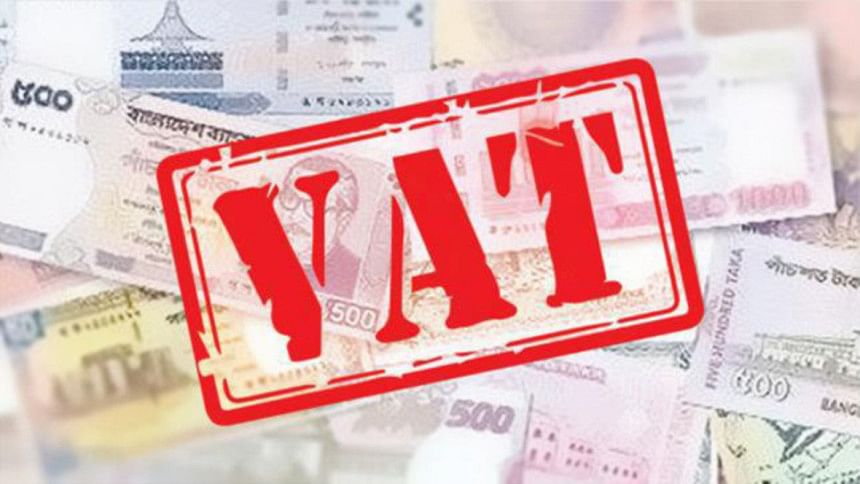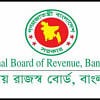VAT, SD exempted on import of sanitary napkin, diaper raw materials

The National Board of Revenue (NBR) has exempted Value Added Tax (VAT) and supplementary duty on the import of raw materials of sanitary napkin and diaper to encourage domestic production of the two hygiene products for women and babies.
“We have offered the benefit to make the products more affordable to commoners as part of the objective to attain health-related Sustainable Development Goals (SDGs),” said Md Tariq Hassan, second secretary, VAT policy of the NBR.
He said import duties and tax on finished sanitary pad and diaper has not been changed for new fiscal 2019-20.
Some 45 per cent SD has been imposed on imported pads for the last several years, according to NBR documents.
The waiver of VAT and SD on raw materials would allow local companies to develop further. Local firms serve 80 per cent of the sanitary pad and baby diaper market, he said.
The annual market for the sanitary napkin is about Tk 400 crore and grows by 20 per cent annually. The baby diaper market, which also registers 15 percent growth, is Tk 250-Tk 300 crore, according to industry insiders.
More than half a dozen local companies namely Square, ACI, Incepta, Social Marketing Company (SMC), Bashundhara and Pran make either one or both the products.
Dr Jesmin Zaman, head of marketing of Square Toiletries Ltd, said waiver of the indirect tax would enable local manufacturers of the products to make do better.
“We really appreciate the government’s step,” she said.
The NBR exempted SD and VAT on six items and imposed conditions that firms will have to set up machinery in the factory premise to avail the benefit.
A company has to invest minimum Tk 75 crore and must have its own testing lab. The producing firm also requires having environmental clearance from the Department of Environment, according to a notification issued by the NBR on June 30.
The NBR also said that firms will have to ensure at least 30 per cent value addition and employ 250 Bangladeshi in the factory to enjoy the benefit.
The opportunity will remain on for two years, beginning from July 1 this year to end on June 30 2021, according to NBR.
Interested companies will also have to apply to the NBR to get the scope of importing the six materials without SD and VAT, according to the notification.
Abdullah Al Zabed, director tax and VAT of Square Group, said the NBR had earlier offered tax benefit on some individual items. Now, sanitary and diaper has been declared as industry.
“We expect prices of our products will decline when we will be enjoying the benefits,” he said.
Md Quamrul Hassan, business director of consumer brands of ACI Ltd, said there would be some benifit for withdawal of SD and regularity duty on some ingredients.
“Sanitary napkin is a necessity for women. The VAT should be exempted all through the chain so that end-users can get the product at lower prices,” he said.
Mamunur Rahman, the founder of Ella Pad, which makes low-cost sanitary pad using garment scarp, said micro and small enterprises, that make sanitary napkins by using 100 per cent local materials, would face tough competition with big firms.
He said many small enterprises make pad using environment-friendly products and market the sanitary napkins at cheap prices.

 For all latest news, follow The Daily Star's Google News channel.
For all latest news, follow The Daily Star's Google News channel. 








Comments